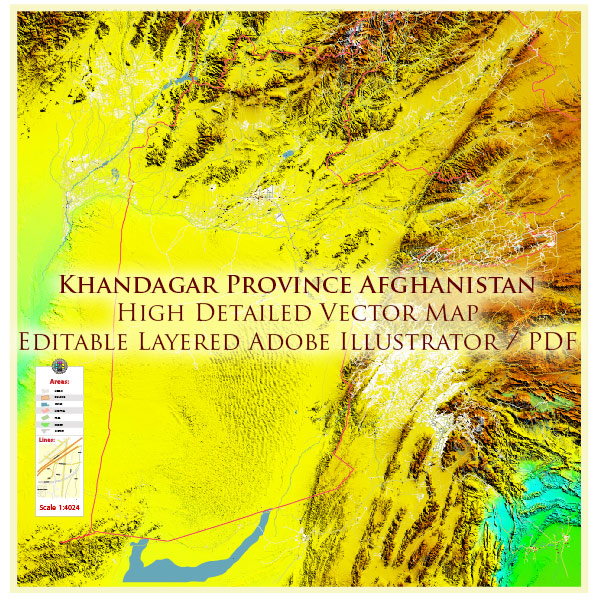Kandahar, also spelled Qandahar or Quandahar, is one of the oldest and most historically significant cities in Afghanistan. It has a rich and complex history that spans several millennia. Here’s a brief overview of the history of Kandahar:
- Ancient History:
- Kandahar’s history dates back to at least the 4th century BC, making it one of Afghanistan’s oldest cities.
- It was founded by Alexander the Great around 330 BC and was named Alexandria Arachosia.
- The city played a pivotal role in the ancient Silk Road trade routes, connecting Central Asia, the Middle East, and the Indian subcontinent.
- Islamic Period:
- Kandahar became a significant center for Islamic culture and trade during the early Islamic period.
- It was an important stop along the trade routes between the Persian Empire and the Indian subcontinent.
- The city was ruled by various Islamic dynasties, including the Umayyads, Abbasids, and Ghaznavids.
- Timurid Era:
- In the 14th and 15th centuries, Kandahar was part of the Timurid Empire, and it experienced a period of cultural and architectural growth.
- The famous Persian poet and polymath, Khwaja Abdullah Ansari, was born in Kandahar during this era.
- Mughal Influence:
- The Mughal Empire, centered in India, exerted influence over Kandahar during the 16th and 17th centuries.
- The city served as an important outpost and base for Mughal operations in the region.
- British and Afghan Conflict:
- In the 19th century, Kandahar was a focal point of the “Great Game,” a geopolitical rivalry between the British Empire and the Russian Empire in Central Asia.
- The city saw several conflicts, including the Second Anglo-Afghan War (1878-1880).
- Modern History:
- Kandahar played a role in the Afghan civil war and the Soviet-Afghan War during the late 20th century.
- It was a stronghold for the Taliban in the late 1990s and early 2000s, until it was captured by U.S. and Afghan forces in 2001 during the early stages of the War on Terror.
- The city remained a center of conflict during the subsequent years, with various military operations.
Kandahar’s history is marked by its strategic location, as it has been a crossroads for different cultures, trade routes, and empires throughout the centuries. It has seen periods of prosperity, cultural exchange, and conflict, reflecting the broader historical dynamics of the region.



 Author: Kirill Shrayber, Ph.D. FRGS
Author: Kirill Shrayber, Ph.D. FRGS